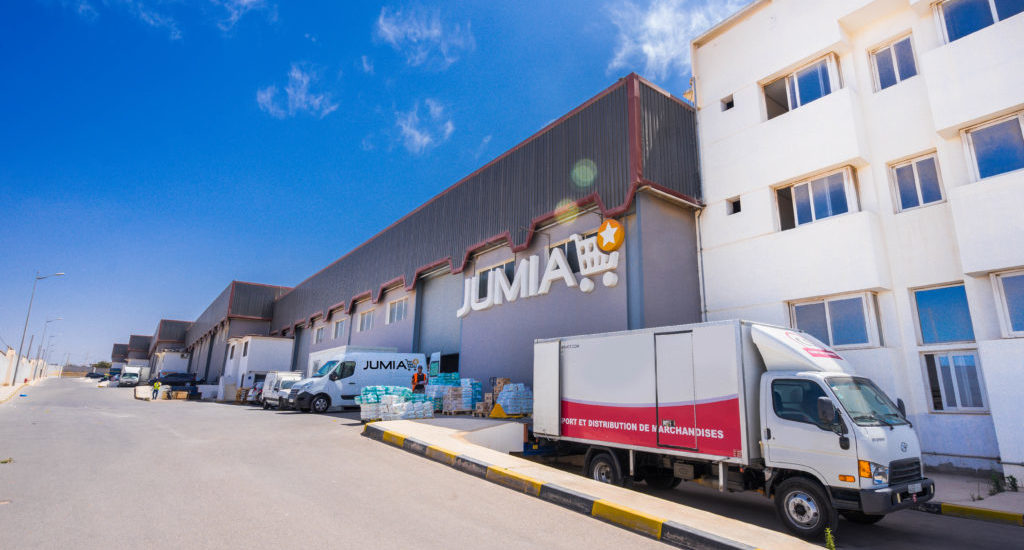- 20/04/2020
- Posted by: Julien Garcier
- Categories: Articles, Consumer Goods / FMCG, Foodservice, Sagaci Insights, SagaRetail, Supermarkets

According to pan-African internet retailer Jumia, Covid-19 has led to a surge in demand, particularly for FMCG, while also posing supply-chain challenges. It also revealed that its two co-founders and co-CEOs, Jeremy Hodara and Sacha Poignonnec, have taken a temporary 25% pay cut for the duration of the crisis.
In a letter to shareholders, Jumia noted that disruption in China had impacted both its own supply chain and those of many of its local sellers. It added: “We have also encountered cross-border logistics challenges due to country lockdowns impacting cargo operations.” It also noted that “Our food delivery business has been affected by the shutdown of kitchen restaurants, as well as the evening curfews.”
On a more positive note, the online retailer asserted that “We are seeing increased demand from sellers to join the Jumia platform. As traditional offline distribution channels are affected by confinement measures, a number of sellers seek new routes to market and turn to Jumia to reach consumers online.”
On the demand side, Jumia has seen “encouraging consumption shifts towards e-commerce. We have experienced over the past couple of weeks a surge of usage and demand, notably in the FMCG category,” where it has recently entered into partnerships with both Reckitt Benckiser and Procter & Gamble. It added that “While this helps accelerate e-commerce adoption, it also validates the business mix rebalancing initiated in 2019 in order to drive growth of everyday product categories.”
The JumiaPay mobile money service has also been boosted by Covid-19, with the online retailer commenting: “We are driving prepayment penetration via JumiaPay, as well as rolling out contactless payment on delivery.”
More broadly, Jumia forecast that the economic impact of Covid-19 would be “severe” in Africa, with exchange-rate fluctuations a particular cause of concern in such markets as Nigeria. However, it added that “Our pan-African footprint diversifies our FX exposure, while a large part of our costs being denominated in local currencies provides us with a natural partial hedge.”
To read the full letter, click here
The Sagaci Retail View: Both consumer goods brands and brick-and-mortar retailers are now scrambling to establish themselves in the e-commerce space, and Jumia is perfectly positioned to benefit from this.
It is also well placed to exploit the increased use of mobile money as part of efforts to foster social distancing, particularly in West Africa. According to global mobile telecommunications industry association GSMA, the value of mobile money transactions in sub-Saharan Africa (SSA) surged 27.5% during 2019, to USD456 billion (66% of the global total).
While the SSA mobile-money market remains concentrated in East Africa, which accounts for around two-thirds of the region’s transactions in value terms, it was already expanding rapidly in such West African markets as Nigeria and Ghana, where Jumia has a strong presence, even before the onset of the pandemic.
[visualizer id=”9710″]





